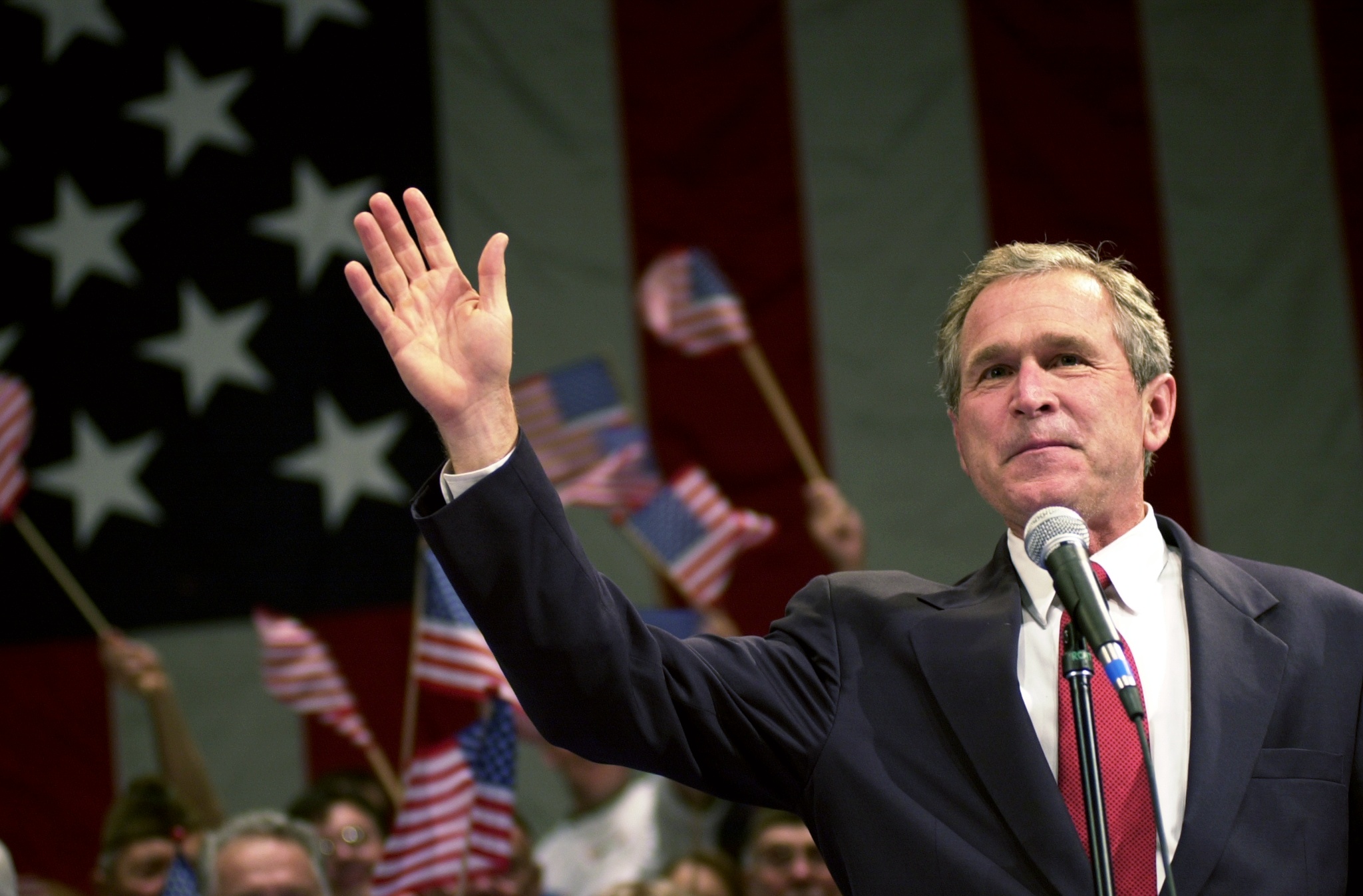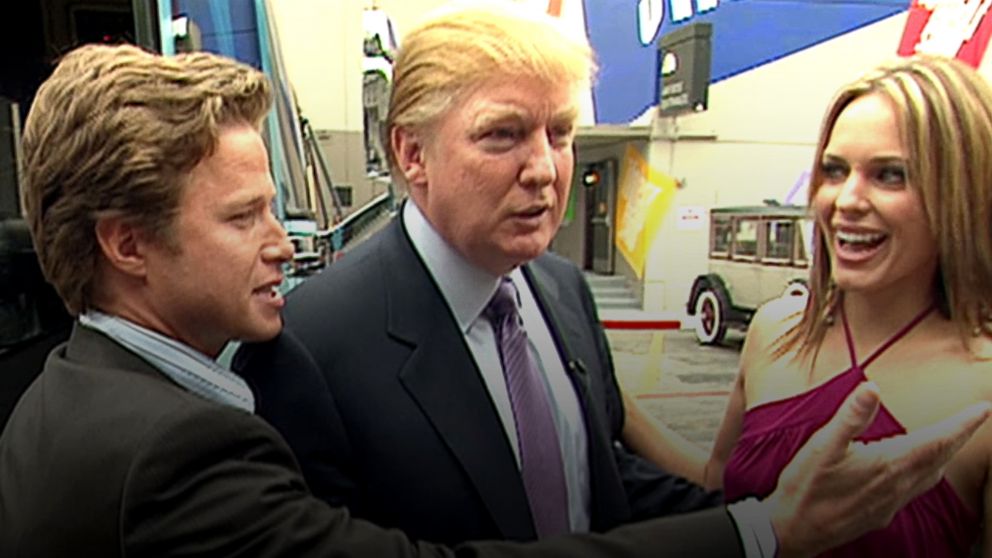A Look Back at October Surprises and Why Clinton's Email May Not Be One
Some experts think the FBI revelation doesn't qualify as one.
— -- In several U.S. presidential campaigns, candidates have faced a moment of reckoning in the weeks and days before Election Day that has come to be known as the October surprise.
From differing claims about the progress of the Vietnam War in 1968 and 1972, to George W. Bush's decades-old drunk driving arrest, the revelations have had the ability to have a sizable impact on the election process.
Now Hillary Clinton faces what some may see as her own October surprise -- a renewed investigation into the email scandal that has plagued her throughout the campaign.
But some experts say that the renewed probe technically doesn't qualify.
While it does fit with the general idea of something surprising happening in October, days or weeks ahead of the election, one key element remains unclear at this point -- intent.
"It has to be pre-planned and targeted by the enemies of a candidate," Joseph Cummins, a historian and author who wrote "Anything for a Vote: Dirty Tricks, Cheap Shots and October Surprises," told ABC News. "Many people think just because something pops up in October and it may cost a candidate the election" it counts, but he doesn’t subscribe to that ruling.
He’s not alone: Robert Parry, the editor of the website Consortium News, agrees that October surprises are generally classified as "some action by the part of one of the parties running to create an advantage over the other in a way that is not exactly fair."
Parry wrote a book focused on whether or not something was afoot during the 1980 election, where there was concern that if the Iranian hostages were released beforehand, then-President Jimmy Carter would be re-elected over Ronald Reagan.
While that example is shrouded in mystery, there are several other examples of purposeful political actions that impacted elections:
1880
Cummins points to the election of 1880 as the first qualifying example, even though the term "October surprise" is generally acknowledged to have been coined by William Casey, an aide to Richard Nixon when he was running for president in 1968.
That year, there was a "huge wave of xenophobia then as there is now," Cummins said, and someone forged a letter which purported to show James Garfield, who was running as the Republican presidential nominee, claiming to be in favor of Chinese immigration to the West Coast.
Cummins said the letter "didn’t lose him the election but it brought down his victory margin by a great amount."
Garfield just barely squeaked by in the popular vote, winning by a mere 10,000 ballots, but he but "he swept the Electoral College in the Midwest and Northeast," the House of Representatives said on its website.
1968 and 1972
Another example came in both 1968 and 1972, when differing announcements about peace progress in Vietnam helped the Nixon campaign both times around.
Former President Lyndon Johnson had announced that he was suspending bombing in Vietnam and Democratic candidate Hubert Humphrey announced that he was going to call for peace talks. Nixon reportedly suspected such a move would happen, and he had a confidant reach out to the South Vietnamese, promising that if they dragged their feet, they would be able to secure a better deal with Nixon should he be elected.
"To play games with the peace talks in 1968 put those half a million American soldiers in greater danger, obviously the Vietnamese population as well, is quite the extraordinary act of cynicism to do that," Parry told ABC News.
"If people hadn't interfered and Johnson was able to declare the war effectively over, Humphrey could have won the White House," he added.
Nixon reportedly repeated a similar move in his re-election campaign in 1972. Though he hadn't been able to negotiate peace in his first term, North Vietnamese negotiators were suddenly willing to agree to U.S.-backed peace conditions on Oct. 8.
"At the very least it increased his margin of victory over George McGovern," Cummins said of then-President Nixon's challenger. Nixon won a landslide against McGovern in both the popular and electoral votes.

2000
The leakage of opposition research on candidates tends to be a common source of October surprises.
In the 2000 race, the news that Republican candidate George W. Bush had been arrested for drunk driving in 1976 was released just five days before the election.
Harry Enten at FiveThirtyEight.com noted that while Bush’s chief campaign strategist Karl Rove believes that the news cost Bush 2 percentage points nationally, it’s difficult to be certain.
Bush lost the popular vote but won the election after an extended legal battle in Florida.
2016
This year’s election stands out to Cummins as "fascinating" because even if the FBI announcement about Clinton's emails is not determined to be politically motivated or partisan, there were at least three other instances this month of purposeful leaks.
The first came on Oct. 1, when the New York Times reported that it had received several pages of Donald Trump’s tax returns, which appear to show that he could have avoided paying federal income taxes for decades.
Trump has refused to release his federal returns and his campaign said that he has paid hundreds of millions in other types of taxes. The issue surfaced during the debates and has been an attack line for Hillary Clinton and her surrogates.
Throughout the month, Wikileaks has been releasing private emails from the Clinton team that have provided a window into the campaign's dealings and provided fodder for the Trump campaign.
The Clinton campaign has refused to confirm the veracity of the emails but has also not denied them.

And finally, a 2005 "Access Hollywood" recording of Trump having a vulgar conversation about women was released after being shared with the Washington Post by someone at NBC.
The tape sparked outrage on both sides of the aisle and led to Republican leaders abandoning the candidate.
"This is a really nasty election cycle, a really profoundly dirty, a profoundly competitive election," Cummins said.




